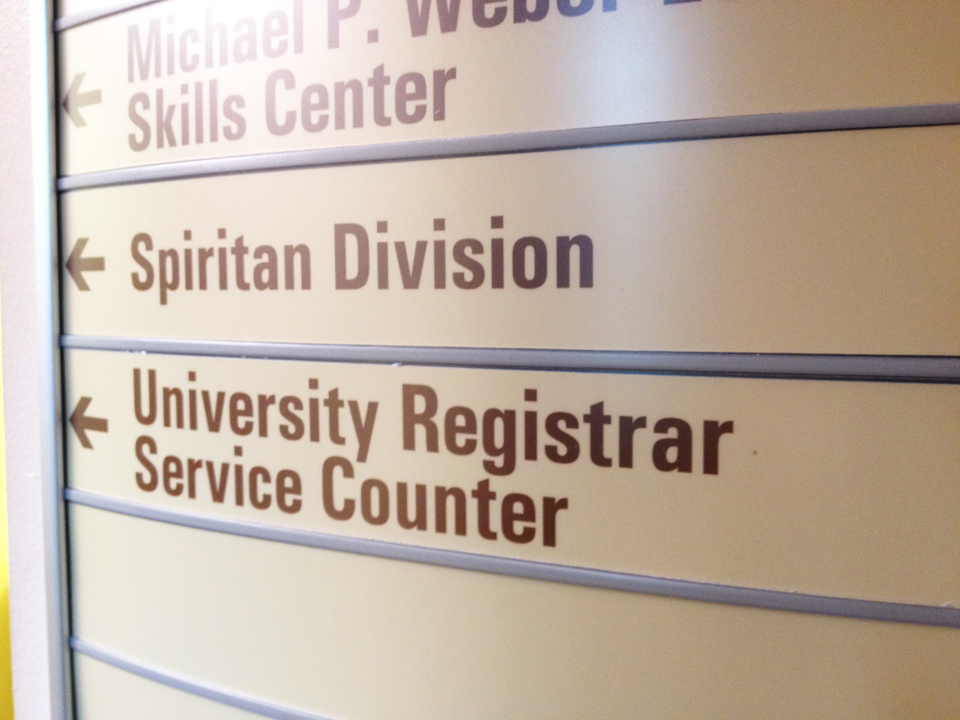
By Duke Staff
On Wednesday, the Food and Drug Administration announced that Americans should consume no more than 50 grams of sugar each day.
While 50 grams might sound like a lot, it’s really not. A single 16 oz. Coke has that amount of sugar, which is equivalent to about 10 teaspoons.
As part of a 2,000 calorie diet, the recommended daily amount on nutrition labels, 50 grams of sugar would roughly comprise about 10 percent of calorie allotment. In actuality, the Washington Post reports that Americans eat and drink almost three times that amount, nearly 126 grams of sugar each day.
The problem is that it’s almost impossible for anyone with a small income to avoid foods that are sugar bombs. According to a 2013 study from Harvard, pursuing a healthier diet of fruits, vegetables, fish and nuts on average costs $1.50 more per person, per day than eating unhealthy, processed foods. That’s $550 extra over the course of a year.
Not only is that unrealistic for college students, who practically live off of Ramen and microwaved cans of soup, but it poses a major issue for the rest of the world.
Many of the poorer countries around the world, especially those in Southeastern Asia, follow what the United States does simply because they view this nation as the world’s leader. What we eat, they eat. If that continues, health risks, such as diabetes and heart disease, will start emerging in masses around the globe.
Included in the FDA’s suggested intake is both naturally-occurring sugars, such as those found in fruits, and added sugars, such as those found in most processed foods.
However, there is a major difference. Sugars that are normally found in fruits and vegetables are also accompanied by high amounts of fiber, protein, vitamins and minerals, all of which the body needs. This isn’t the case when businesses are adding sugars to processed foods that have been stripped of their nutrients. The FDA also proposed a change to nutrition labels which would separate the sugar category into natural and added.
This is important, considering added sugars are hidden in nearly everything we eat. Grocery store shoppers must relentlessly check ingredient lists as companies disguise the sweet stuff as “dextrose” or “maltose”, among a slew of other deceptive names.
A teaspoon of Heinz ketchup has nearly a teaspoon of sugar in it. You might as well be dipping French fries into a pack of Sweet’N Low. A pair of strawberry Pop-Tarts has a whopping 32 grams of sugar, over half of the recommended daily amount.
Healthy food that isn’t laden with sugar is a necessity, not a luxury. There needs to be a feasible way for people of all financial situations to have access to it.



